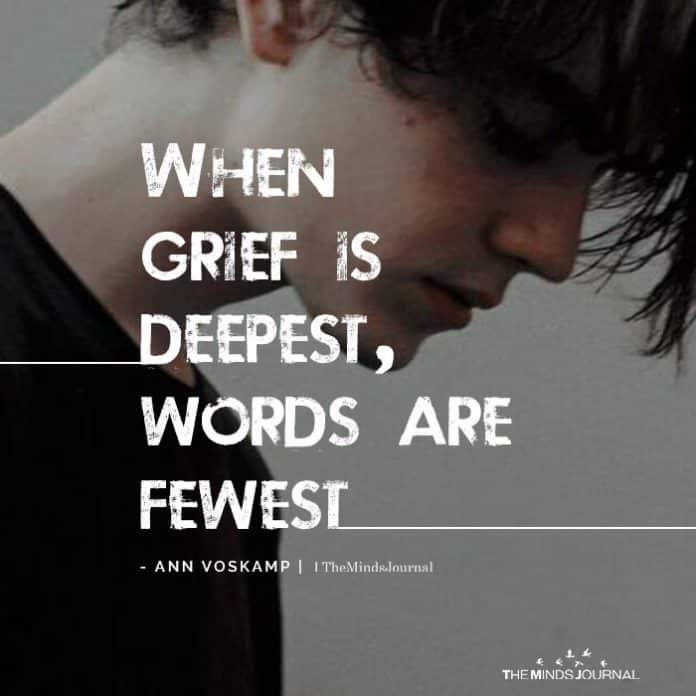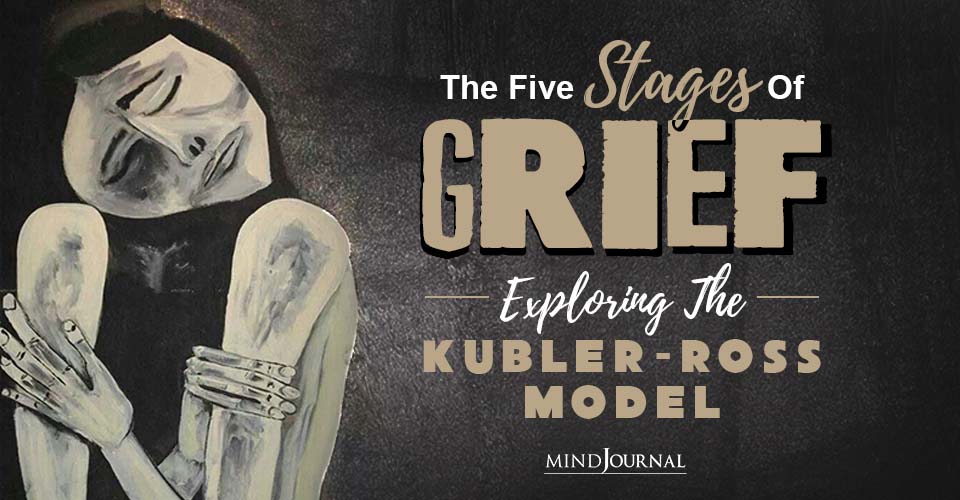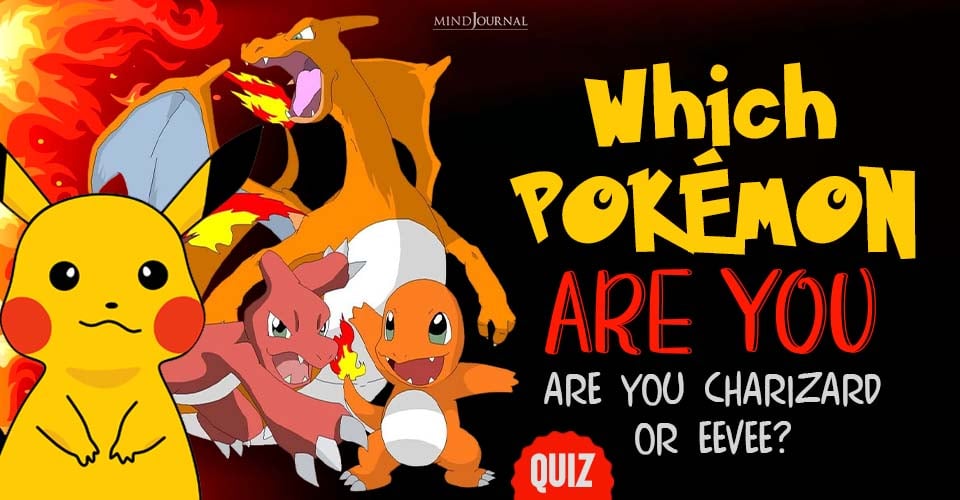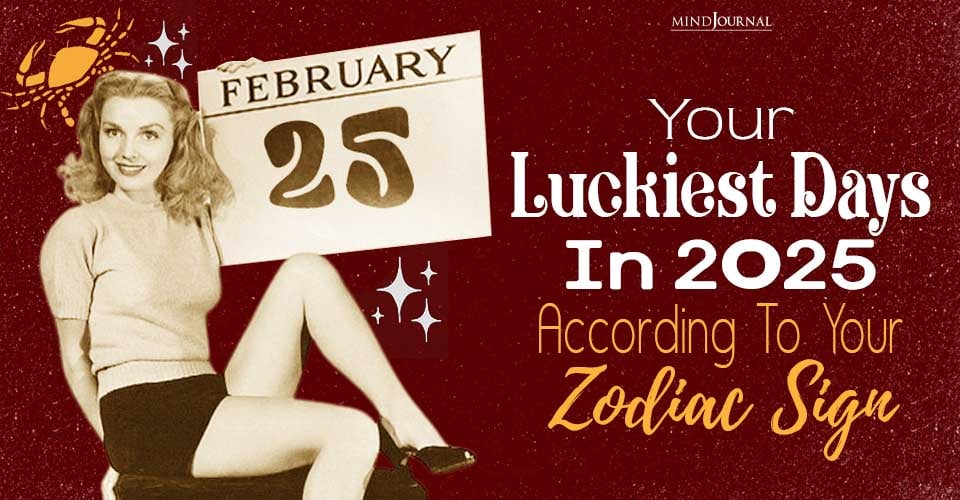The Kübler-Ross model is one of the most well-known models of grief which posits that we will go through 5 different stages, in no specific order, while grieving.
What is the Kübler-Ross model?
The Kübler-Ross model, commonly known as the Five Stages of Grief,{1} is a popular theory developed by Swiss-American psychiatrist Elisabeth Kübler-Ross on how people generally deal with death, loss, and grief. The theory was initially developed to help terminally ill individuals accept their impending death. However, the model was later adapted by author and grief expert David Kessler to apply to tragedy and grief as well.
The model involves five stages that do not necessarily occur in any particular order:
- Denial
- Anger
- Bargaining
- Depression
- Acceptance
Read also: 5 Realities of Grief and Loss that Impact Upon Anxiety
Understanding the Kübler-Ross model
In her 1969 book, ‘On Death and Dying,’ Elisabeth Kübler-Ross explained the 5 different stages of grief associated with dying which is commonly referred to as DABDA. It was developed through interviews with terminally ill patients. {2} The 5 stages of grief as mentioned in the model include Denial, Anger, Bargaining, Depression, and Acceptance. {3}The model involves our attitudes when we confront death, whether our own or our loved ones. This is how our mind tries to cope with the emotional pain and psychological trauma of losing someone we love. However, people going through loss and grief will not necessarily experience all the stages or in the order listed above.
Grief is a highly individual and personal experience and feels different for everyone. So someone may start dealing with grief with anger as their first stage, while another person may begin with bargaining. Moreover, you may also experience only one or two stages and skip the other ones completely. There is no specific duration of each stage as someone may experience a particular stage for months or years.
The 5 stages of grief
In her theory, Elisabeth Kübler-Ross explained the 5 different stages of grief which is commonly referred to as DABDA. The 5 stages of grief as mentioned in the model include:
- Denial
- Anger
- Bargaining
- Depression
- Acceptance
The model involves our attitudes when we confront death, whether our own or our loved ones. This is how our mind tries to cope with the emotional pain and psychological trauma of losing someone we love. However, people going through loss and grief will not necessarily experience all the stages or in the order listed above.
“Not everyone will experience all five stages, and you may not go through them in this order,” writes author Kimberly Holland in a Healthline article medically reviewed by Timothy J. Legg, Ph.D., PsyD, CRNP, ACRN, CPH. Kimberly adds “Grief is different for every person, so you may begin coping with loss in the bargaining stage and find yourself in anger or denial next. You may remain for months in one of the five stages but skip others entirely.”
Here are the Five Stages of Grief mentioned in the Kübler-Ross model, according to a recent research paper {4}-
1. Denial
Denial and isolation is the first reaction to tragedy Denial and isolation are the first reactions to tragedy and grief, which is a result of disapproval, shock, and rejection. Denial is a defense mechanism that allows us to accept the loss and alleviate the sudden attack of pain. When we first learn about the reality of the situation, we often find it hard to believe. Hence, we deny the tragedy in our minds. This is a common and natural reaction to pacify our overwhelming emotions. Denial and isolation provide us the time to accept reality gradually and allow us to process our emotions.
Initially, denial enables us to cope with the loss of a loved one and survive the shock and pain related to the ordeal. During this phase, we choose to mentally live in our preferred reality instead of our actual reality. However, this stage is a crucial aspect of the process. When we start to overcome the shock and denial, we finally start to live in our actual reality and experience the emotions we were keeping suppressed till now. This is how the healing begins.
Read also: 5 Essential Tips for Dealing with Grief and Coping With Loss
2. Anger
As denial starts to wear off and we begin to accept the reality and the accompanying pain. But as we are not ready to let these intense emotions engulf us, we try to redirect and deflect our emotions from feeling vulnerable to feeling strong through anger, according to the Kübler-Ross model. Anger can manifest in various ways. We may feel angry at God, doctors, ourselves, the deceased loved one, friends or family, strangers, or even inanimate objects. Anger offers us strength when we believe there is no reason to carry on anymore. When we feel lost and don’t have any purpose to move on. Hence, our anger may manifest in the most unusual ways and in the most unexpected situations. We may even feel guilty for being angry. Unfortunately, this can lead to more anger. But we need to remember that this is a natural process and we must acknowledge all our emotions, even anger.
We believe that anger may be a more openly expressed and socially acceptable emotion than feeling depressed, vulnerable, or afraid. We distort our pain and fear into anger. It gives us a sense of strength to openly express our feelings without being afraid of rejection or judgment. Although denial may be a survival mechanism, anger is considered to be a masking effect. It helps us to hide our true emotions and put up a bold face, despite being hurt and in pain. However, anger does not necessarily mean aggression or rage, it can also manifest as frustration, resentment, irritation, and bitterness.

3. Bargaining
When we begin to realize that anger is not the solution, we will begin to bargain. We begin to negotiate with God, the Universe, divine power or even ourselves to make things like they were used to. To take death away. To go back to the way of life before the tragic event. Bargaining is a natural response and acts as a coping mechanism against the feeling of grief. It’s when we try to come up with various alternate scenarios inside our minds. We start making several “if only” and “what if” statements. Bargaining enables us to delay the emotions of pain, confusion, and sadness.
During this phase of grief, we know we are helpless to do anything about the situation and we are still unable to accept the loss of our loved one. So we focus on a higher power to request or pray to them in the hopes of a different outcome. We also start to emphasize our own mistakes, faults, and regrets regarding how we could have changed the outcome, even though it wouldn’t have made any significant difference to the loss. Yet we think about our interactions and behaviors with the deceased loved one and mentally note all the times we could have treated them better. Bargaining is a way to protest the helplessness we feel in the tragic reality.
Read also: 5 Ways To Help Someone Who Is Dealing With Loss
4. Depression
Feelings of depression arise due to feelings of helplessness and being powerless in a terrible situation. Unlike anger and bargaining, depression is a rather quiet stage in the Kübler-Ross model. Depression can be a natural emotion when coping with a terminal illness or the loss of a loved one. During grief, depression may refer more to a deep sadness than a mental health problem. We may become isolated and withdrawn, yet feel lonely. However, this stage can actually help us to cope with the tragic event. However, this doesn’t necessarily mean that depression is beneficial or easy to deal with. Depression is perhaps the worst and most difficult stage of grief. It can affect our mental wellbeing, lead to negative emotions, chronic low moods, and alter our behavior. Depression can be overwhelming, making us feel confused, heavy, and disinterested in life.
This phase is considered as the beginning of a strongly perceived and deeper form of grief where the individual starts to understand and realize the seriousness of their reality. Depression occurs when they realize that the reality is lasting, irreversible, and real. It is closely associated with grief and is common with people who are grieving. It is a manifestation of the emptiness someone feels when they realize a loved one is gone forever and this is the reality they have to live in.

5. Acceptance
In the Kübler-Ross model, acceptance{5} does not refer to a hopeful or happy stage of grief. It does not denote that you have overcome the emotional pain of the loss. It does not mean that you become “okay” with the loss and you get back to your life as it was. Although it does mean that you’ve learned to accept the truth and learned to live with reality. Now you know that there is a void in your life and you choose to move forward with that emptiness inside you. Acceptance is about finding the will to live again with your broken heart. It is not about forgetting or replacing what we have lost. Acceptance is about learning to move ahead while carrying them in our hearts and minds. This is when you feel calm yet withdrawn.
Here, our thoughts and feelings start to become more stable as we become more grounded with the actual reality. The stage involves constant readjustment as the individual may finally begin to function normally again, at school, work, relationships, social settings, and in their personal life. They may invest more time in strengthening other relationships or even build new ones with time. Although they realize that their deceased loved ones can never be replaced, they choose to move ahead, evolve, and grow in their actual reality.
When we reach the stage of acceptance, we don’t stop feeling the emotional pain associated with loss. We simply stop resisting our reality and stop struggling to change it.
Read also: How Radical Acceptance Can Help You Get Through Tough Times
The adapted stages of the Kübler-Ross model
The Five Stages of Grief was later adapted by author David Kessler who co-wrote the book ‘On Grief & Grieving: Finding the Meaning of Grief through the Five Stages of Loss’ with Elisabeth Kübler Ross. {7} According to Kessler, the book focuses on the much-needed adapted stages of grief. “The stages have evolved since their introduction and have been very misunderstood over the past four decades,” he explains. {6} These stages are not meant to categorize or structure difficult & disorganized emotions. These are raw emotions that someone going through bereavement and grief experiences. These are not typical reactions and emotions.
The Five Stages of Grief was developed by psychiatrist Elisabeth Kübler-Ross to understand and explain the various ways we process and experience grief. However, the Kübler-Ross model was greatly misinterpreted and misunderstood and Kübler-Ross regretted writing the book in a way that made it look like a predictable and linear progression. These stages were originally considered by Kübler-Ross as a reflection of how some individuals deal with disease and death. These were not developed as observations of how someone grieves.

Although Kübler-Ross died in 2004, the adapted version of her model helps to rectify some of the flaws in the original version and manages to help people understand their emotional responses to loss and suffering. As per David Kessler, the five stages of grief – denial, anger, bargaining, depression, and acceptance, help us understand how we learn to survive, live and thrive when we have lost someone we love. These stages are meant to help us identify and understand what we are feeling and going through. But they do not necessarily follow a linear path as grief is different for everyone. Not everyone experiences all the stages or progresses through them in any specific order. These stages are simply meant as a tool to help us better cope with loss and life.
However, it should be kept in mind that although the Kübler-Ross model has historical value, it is considered to be scientifically outdated, especially in clinical practice.
Read also: Grief Has No Expiration Date; You Don’t Need to Feel Guilty for Your Sadness
Grief is personal
Loss is a very personal experience. Although the Kübler-Ross model can help us understand the process of grief, the truth is we all grieve in our own way. When we lose a loved one, we tend to grieve our entire lives. It’s only the intensity that goes down with time. But the love remains the same in our hearts all our lives. Some of us may find it challenging to identify all the stages or classify their messy feelings into any of them. Regardless, you need to be patient with your feelings and give yourself the time you need to cope with loss.

If you think you need some help to cope with your feelings of grief, then do visit a mental health professional. A therapist can guide you through the process of grief and empower you to come to terms with reality. Professional help may also be needed as the stages of grief can lead to certain physical health issues like heart rhythm disorders, broken heart syndrome, and heart attack. {8}
In case you are supporting someone going through grief, give them the space they need to talk about their emotions and encourage them to seek professional help.
Read also: The Stages Of Grief: Ways To Cope With Loss and Minimize The Pain
Reference: 1. https://pubmed.ncbi.nlm.nih.gov/30439302/ 2. https://pubmed.ncbi.nlm.nih.gov/23609853/ 3. https://www.ncbi.nlm.nih.gov/books/NBK507885/ 4. https://www.ncbi.nlm.nih.gov/books/NBK518989/ 5. https://pubmed.ncbi.nlm.nih.gov/19042744/ 6. https://grief.com/the-five-stages-of-grief/ 7. https://books.google.co.in/books/about/On_Grief_and_Grieving.html?id=0TltiT8Y9CYC&redir_esc=y 8. https://www.ncbi.nlm.nih.gov/books/NBK507832/










Leave a Reply